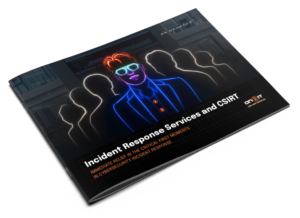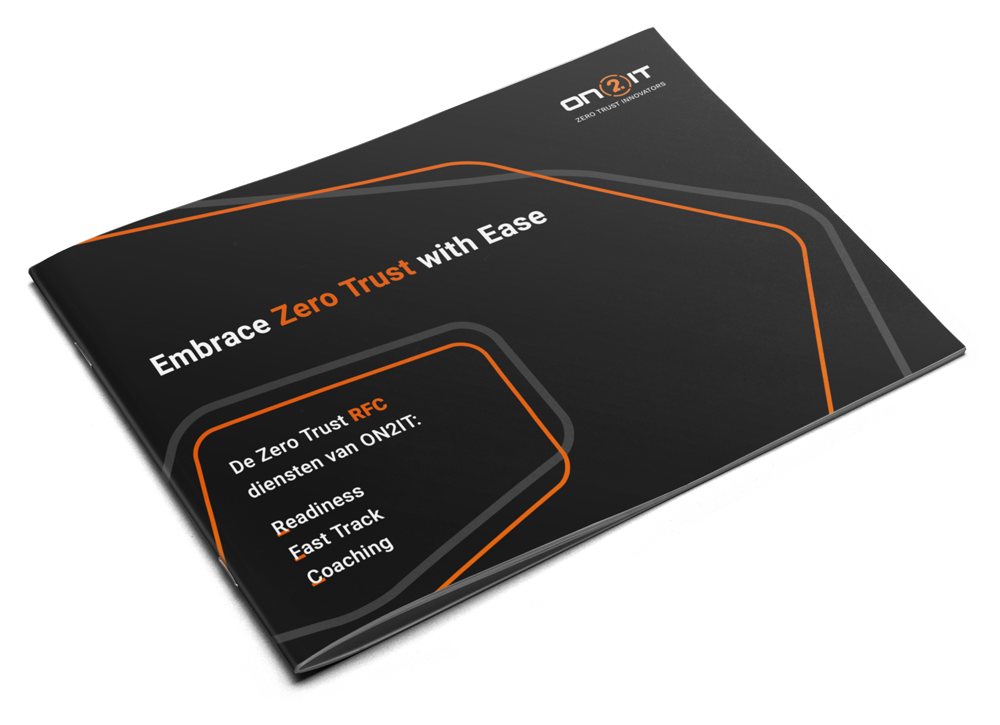Reading Time: 6 minutes
Category: Trends and Reports
Summary
Artificial intelligence has entered the SOC – but adoption is still in its early phase. According to Gartner’s 2025 Hype Cycle, less than half of organizations have deployed AI SOC agents, and many risk learning the hard way that automation without structure doesn’t create resilience.
This article explores how AI promises to revolutionize security operations – but only when paired with human oversight, governance, and real operational discipline. Drawing from ON2IT’s MDR Detect™ and AUXO™ GSOC™ orchestration platform, it shows how combining automation with managed expertise delivers faster detection, consistent governance, and measurable security outcomes.
The takeaway: AI won’t replace your SOC. It will redefine it – through partnerships that make people better, not obsolete.
Beyond the Hype
AI has officially entered the SOC, but adoption is still early.
According to Gartner’s Hype Cycle for Security Operations 2025, less than half of organizations have deployed AI SOC agents, though most plan to within the next year. That gap matters – because what happens next will define whether AI strengthens or fragments the SOC.
AI will change the SOC. Just not in the way many expect.
AI in the SOC: Promise and Pressure
The modern SOC is running a marathon on zero sleep.
Enterprises now process hundreds of thousands of alerts each day – most of them false positives. That kind of volume doesn’t just exhaust people; it corrodes trust in the process itself.
AI promises to fix that with speed and automation. But faster triage is meaningless if the underlying signal is still unclear.
AI can quiet the noise, but only if someone first defines what signal means.
That definition doesn’t come from an algorithm. It comes from how your SOC is structured – a discipline ON2IT has refined through years of managed detection and response across complex, hybrid environments.
Augmentation Over Automation
AI in cybersecurity isn’t about replacement – it’s about reinforcement.
Gartner is clear: “AI SOC agents are not a replacement for human operators.”
SOCs that combine automation with human validation cut mean-time-to-detect by up to 60 %.
At ON2IT, that’s a principle we’ve built into every layer of our managed detection and response.
Our MDR Detect™ service combines automation and AI based on real human expertise, closing the loop between detection, investigation, and response.
Where standalone AI tools experiment, we execute, at scale, with measurable outcomes.
- AI handles the high-volume, repetitive tasks: alert triage, correlation, and prioritization.
- Human analysts bring the context when needed – validating alerts, understanding intent, and guiding remediation
- Together, they deliver sub-second detection, faster decisions, and verifiable results.
Why AI Alone Isn’t the Answer
Gartner warns that more than 40 % of agentic-AI projects will be scrapped by 2027 – not because the models failed, but because the organizations weren’t ready for them.
AI doesn’t break on its own; it breaks when dropped into chaos.
That’s why the most mature security leaders are shifting from “AI projects” to AI practices – operationalized systems with guardrails, governance, and human oversight.
That’s where managed expertise matters. At ON2IT, our MDR Detect™ operationalize that idea daily – transforming AI ‘projects’ into repeatable practices with governance, audit trails, coupled with your 24/7 human backup team.
It’s not about experimenting with AI. It’s about making AI work in production.
The Pragmatic Path Forward
By 2026, Gartner expects nearly half of enterprise applications to use task-specific AI agents. The question isn’t whether you’ll use AI – it’s whether you’ll trust it.
For most CISOs, the fastest way to reach that trust isn’t another platform – it’s a partnership model that turns AI from a tool into an outcome.
That’s what separates pilot programs from production SOCs: discipline, governance, and continuous learning.
That partnership model is the foundation of our GSOC™ orchestration platform AUXO™ and MDR Detect™ service – where AI-driven detection integrates with human expertise when needed to deliver measurable resilience, not experimentation.
Closing Thought
AI isn’t replacing the SOC. It’s redefining it.
The future of defense isn’t a hands-off machine – it’s a hands-on partnership between automation and expertise.
Because resilience isn’t built by removing people. It’s built by elevating them. At ON2IT, we believe AI should make people better, not replace them – and that’s the future we’re building in every SOC we manage.
FAQ
What is an AI SOC agent?
An AI SOC agent is an AI-driven system designed to assist Security Operations Centers (SOCs) by automating detection, triage, and response tasks—reducing alert fatigue and accelerating investigation workflows.
Are AI SOC agents replacing human analysts?
No. According to Gartner, AI SOC agents are not replacements but augmentations. Human validation remains essential for interpreting intent, context, and ensuring governance.
Why do AI SOC projects often fail?
Over 40% of AI security projects are expected to fail by 2027—not because the technology doesn’t work, but because organizations deploy it into chaotic or immature environments lacking structure, oversight, and managed expertise.
How does MDR Detect™ use AI effectively?
MDR Detect™ integrates AI-driven automation with expert human analysts. AI handles repetitive triage and correlation tasks, while ON2IT’s analysts validate, interpret, and guide response—delivering measurable reductions in alert noise and time-to-detect.
What’s the key to making AI successful in SOC environments?
Success depends on turning AI from a project into a practice—with governance, audit trails, and human oversight. ON2IT’s managed model operationalizes AI daily, ensuring it delivers real value in production, not just in pilots.
How will AI change the SOC over the next few years?
By 2026, nearly half of enterprise applications will use AI agents. The SOC of the future will be defined not by automation alone, but by how well organizations combine machine precision with human judgment to achieve resilience.


